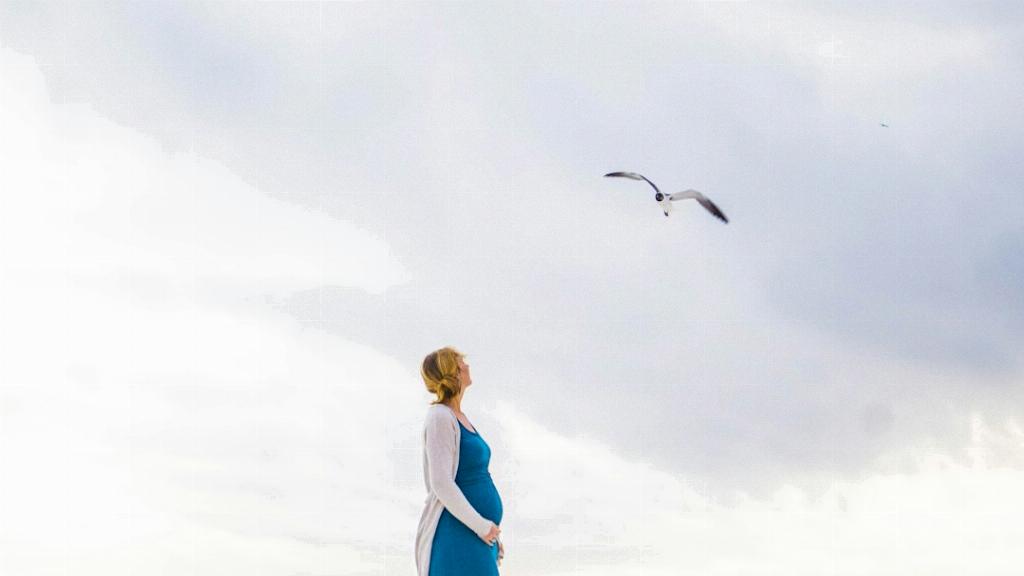Hydrops in babies, also known as hydrops fetalis, is a serious condition characterized by an abnormal accumulation of fluid in two or more fetal compartments. This can include swelling in the fetus’ body, abdomen, or around the heart and lungs, leading to potential complications and health risks for the baby.
Factors Influencing Hydrops Recurrence Risk
When considering the chances of having a second baby with hydrops, it is essential to understand the underlying causes of the condition. In cases where hydrops is caused by an autosomal dominant genetic disorder inherited from a parent, the recurrence risk for a second baby can be as high as 50%.
On the other hand, if hydrops in the first baby is believed to be due to a viral infection or other non-genetic factors, the likelihood of the condition recurring in a second baby is typically very small. Understanding the specific cause of hydrops in the initial pregnancy can help assess the risk for future pregnancies.
Genetic Counseling and Testing
Genetic counseling plays a crucial role in assessing the risk of hydrops recurrence in subsequent pregnancies. By working with a genetic counselor and undergoing genetic testing, parents can gain valuable insights into the underlying genetic factors contributing to hydrops in their baby.
Genetic testing can help identify specific gene mutations or chromosomal abnormalities that may increase the risk of hydrops in future pregnancies. By understanding the genetic basis of the condition, parents can make informed decisions about their family planning and potential treatment options.
Medical Monitoring and Management
For parents who have experienced hydrops in a previous pregnancy, close medical monitoring and management are essential during subsequent pregnancies. Regular prenatal check-ups, ultrasound screenings, and fetal monitoring can help detect any signs of hydrops early on and allow for timely intervention.
Consulting with a maternal-fetal medicine specialist or a perinatologist can provide parents with expert guidance on managing the potential risks of hydrops in a subsequent pregnancy. These healthcare professionals can offer personalized care and support throughout the pregnancy journey.
Preventive Measures and Lifestyle Factors
While some causes of hydrops may be beyond parental control, there are certain preventive measures and lifestyle factors that can help reduce the risk of complications in future pregnancies. Maintaining a healthy lifestyle, including proper nutrition, regular exercise, and avoiding harmful substances, can contribute to a healthier pregnancy outcome.
Discussing any pre-existing medical conditions, previous pregnancy complications, or family history of genetic disorders with healthcare providers can help identify potential risk factors for hydrops and inform a proactive approach to pregnancy planning and management.

